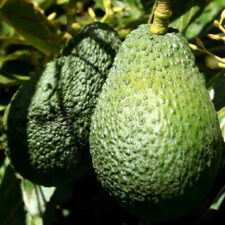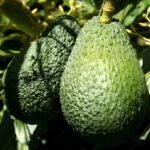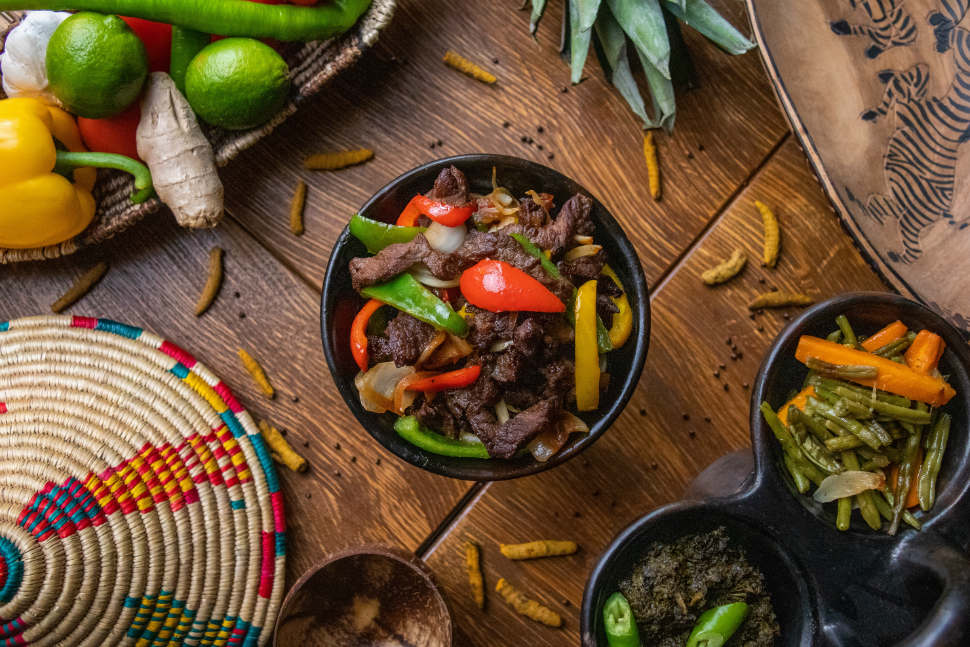
African gastronomy, with its vibrant flavors, deep-rooted traditions, and diverse culinary techniques, is more than just food; it is a reflection of the continent’s rich history, cultural diversity, and profound connection to the land. From the bustling markets of Lagos to the sophisticated kitchens of Cape Town, African cuisine has long been a source of nourishment, community, and cultural identity. Today, this culinary heritage is not only being celebrated across Africa but is also experiencing a renaissance in Western countries, where chefs and food enthusiasts are embracing African ingredients, flavors, and cooking methods. This article delves into the historical roots of African gastronomy, its growing influence in the West, and the potential for innovation that could shape its future.
Historical Roots and Cultural Significance
African cuisine is as diverse as the continent itself, with each region boasting its own unique dishes, ingredients, and cooking methods. The historical roots of African gastronomy are deeply intertwined with the continent’s geography, climate, and social structures. For centuries, African communities have relied on indigenous crops like millet, sorghum, yams, and plantains, as well as wild game, fish, and an array of spices, to create dishes that are both
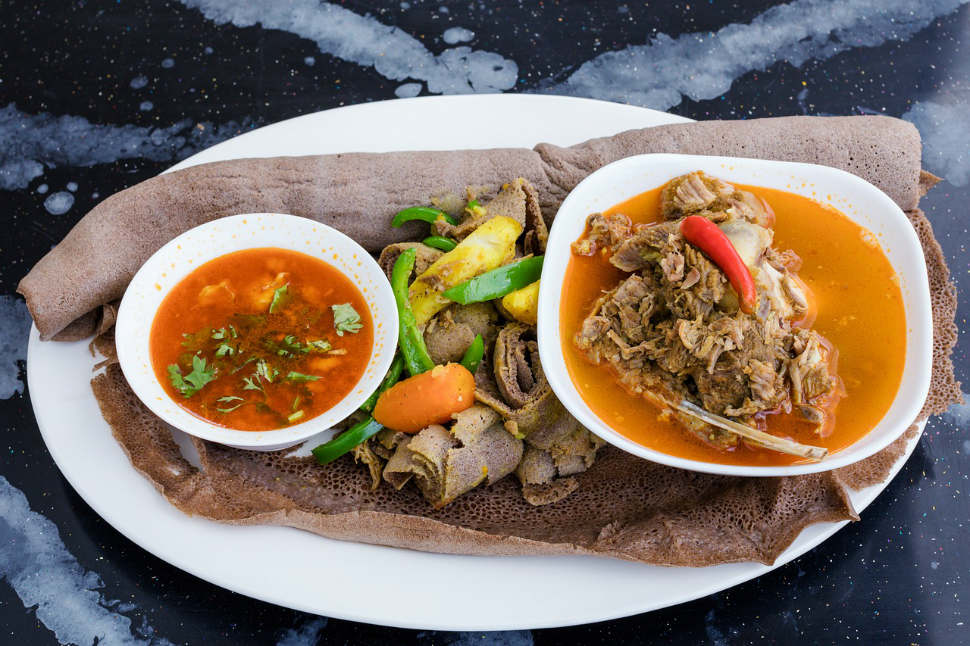
Flavorful and nutritious.
The transatlantic slave trade had a profound impact on African cuisine, as enslaved Africans brought their culinary traditions to the Americas, where they influenced the development of Creole, Cajun, and Southern cuisines. Dishes like gumbo, jollof rice, and callaloo, which have their roots in West Africa, are now staples in the Caribbean and the Southern United States, showcasing the enduring legacy of African culinary practices.
In Africa, food has always been more than just sustenance; it is a symbol of hospitality, a medium for social exchange, and a way to honor ancestors. Traditional dishes are often prepared during religious ceremonies, festivals, and family gatherings, reinforcing the connection between food and cultural identity. For example, in Ethiopia, injera—a sourdough flatbread made from teff—is central to the country’s culinary tradition and is often shared communally, reflecting the importance of togetherness in Ethiopian culture.
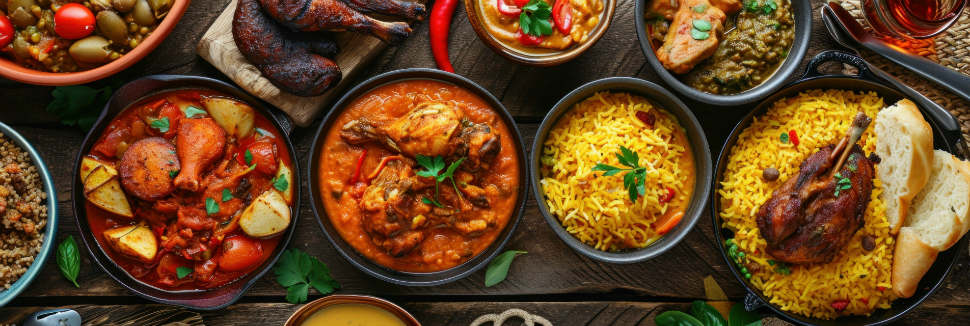
The Rise of African Gastronomy in Western Countries
In recent years, African cuisine has begun to capture the attention of the global culinary scene, particularly in Western countries. This rise in popularity can be attributed to several factors, including the growing interest in diverse and authentic food experiences, the influence of the African diaspora, and the efforts of African chefs who are redefining and elevating traditional dishes.
African restaurants, food trucks, and pop-ups are becoming more common in major cities across the United States and Europe, offering dishes like Nigerian suya (spicy grilled meat), Moroccan tagine, and South African bobotie (a spiced meat pie). These establishments are not only introducing new flavors to Western palates but are also challenging stereotypes and broadening the understanding of African cuisine beyond the often simplistic and homogenized portrayals.
Moreover, African ingredients such as fonio, baobab, moringa, and hibiscus are gaining recognition for their nutritional benefits and are being incorporated into health-conscious diets and gourmet cooking. Fonio, for example, a gluten-free grain native to West Africa, is being hailed as a superfood for its versatility and high nutrient content. This trend reflects a growing appreciation for the culinary and nutritional wealth of African food traditions.
Innovation and the Future of African Gastronomy
The future of African gastronomy is ripe with potential for innovation. As more chefs, both on the continent and in the diaspora, experiment with traditional ingredients and techniques, new and exciting culinary creations are emerging. These innovations are not only expanding the possibilities of African cuisine but are also positioning it as a major player in the global food industry.
One area of innovation is the fusion of African flavors with other culinary traditions. African-American chefs, for instance, are blending their heritage with influences from Southern, Caribbean, and Latin American cuisines, creating a dynamic and evolving food culture. This fusion is also seen in the rise of Afro-veganism, where traditional African plant-based dishes are being adapted to cater to the growing demand for vegan and vegetarian options.
Another exciting development is the use of technology and modern culinary techniques to reinterpret traditional African dishes. Molecular gastronomy, farm-to-table practices, and sustainable sourcing are being applied to African cuisine, offering a fresh perspective on age-old recipes. Chefs are also exploring the potential of underutilized indigenous ingredients, such as the West African locust bean and the South African marula fruit, to create innovative dishes that are both environmentally sustainable and culturally significant.
African gastronomy is a rich and diverse culinary tradition that has deep historical roots and a significant cultural impact. As it gains recognition and influence in Western countries, it is also evolving and adapting, driven by innovation and a renewed interest in authentic and sustainable food. The future of African cuisine holds great promise, with the potential to not only enrich the global culinary landscape but also to empower African communities by celebrating and preserving their culinary heritage. Whether through traditional dishes or modern interpretations, African gastronomy is poised to continue its journey from the heart of Africa to tables around the world, offering a taste of the continent’s past, present, and future.
Tags: gastronomy

 Share On Facebook
Share On Facebook Tweet It
Tweet It




